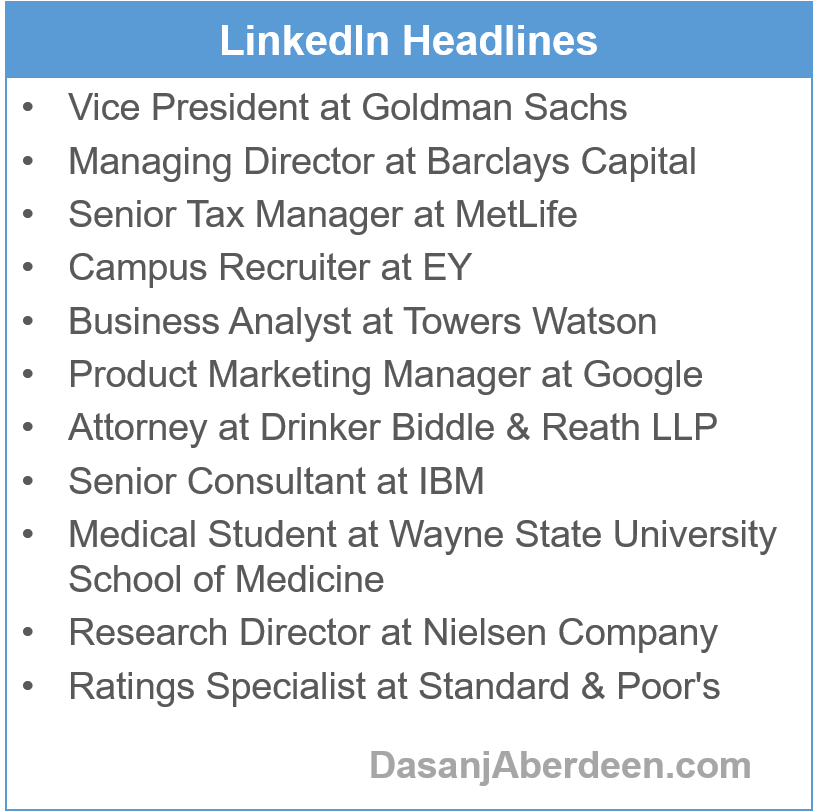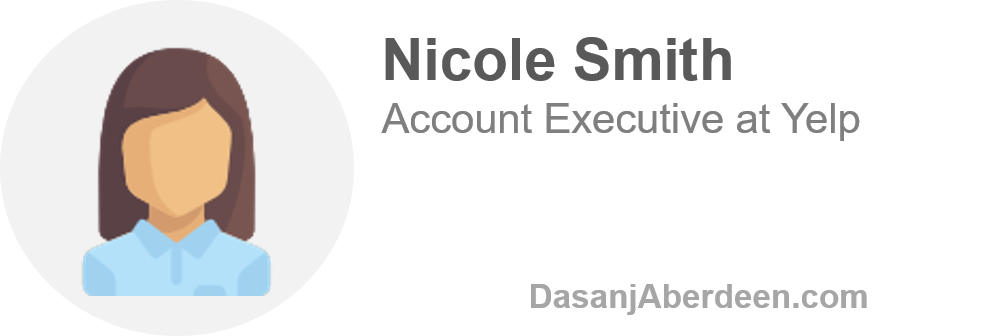You live in a world that expects you to make a choice about who you will be. For many, this happens at age 18 with the decision about what to study in college. Your decision narrows the schools you apply to. For example, if you plan to study Economics, you wouldn’t apply to a Performing Arts school. Your decision also dictates the courses you take to satisfy graduation requirements. After college, you apply to jobs that fit what you studied. In your career, you hone in your focus with time and as you ascend the career ladder. You become a specialist and expert in your chosen field.
Let’s assume you’re on our way to become an expert in a given field. In Outliers, Malcolm Gladwell notes that in order to become world-class in any field, you need 10,000 hours of “deliberate practice.” If this is true, then presumably you have little time to do anything else. So you become a one-trick pony with tunnel vision and no other interests.
Society crafted this approach and set expectations a long time ago. And you’ve obliged and followed along. Let’s look at a few scenarios:
Job Applications. When you apply for a job, how much do you tailor your resume and story to align with the job description? People squeeze themselves and their experiences into exactly what the requirements describe. You become a surgeon overnight, making cosmetic and reconstructive changes. You transplant wording from the job description to your resume. You present yourself as if, for your entire life, you’ve longed to be a Regional Account Manager at this particular company or an Executive Assistant providing administrative support to the CEO. All of your experience is crafted to support this story on your newly updated resume.
LinkedIn Headlines. Before someone learns anything about you on LinkedIn, they see your photo, name and headline. Most of the headlines I see on LinkedIn have one thing in common – they include the person’s job title. If you’re one of these LinkedIn users, you’re introduced by what you do. Further, you’re defined by a job title that your employer has a current need and role for. This only gives insight into what you do. It tells me what you’re currently an expert in or what you’re on your way to being an expert in.
Here are some examples from scrolling through LinkedIn profiles:
 So what do we see in both of these scenarios?
So what do we see in both of these scenarios?
In the job applications scenario, it is clear that society has defined molds and you’ve been trained to fit into them. You’ve prescribed to this expectation and go out of your way to tailor yourself to fit more snugly into these molds.
In the LinkedIn headlines scenario, you define yourself by your employer’s current need. You eagerly take on this definition and apply it to who you are. You then present yourself to the world this way. When you change jobs, you switch out who you are like seasonal clothing.
How do you allow who you are to be defined by what you do? How true and authentic is this? Further, how sustainable is it? What happens if your employer no longer has a need for your role? If who you are is defined by your job title at your current employer, then are you a different person once you have a new title at a new employer?
According to your LinkedIn profile, you have a new job and today you are:
Yesterday you were:
Are you OK allowing yourself to be narrowly defined by the outside world? What about the other aspects of you, aside from what you do? Why don’t you make it a priority to highlight your multiple interests and dynamic being?
******************************
I look forward to continuing to explore this topic. I’d love to hear your thoughts. Do you feel defined by your current role and title? Do you think this definition is fitting for who you are? Does who you work for give you a sense of self?
Dasanj Aberdeen is an entrepreneurial spirit who embodies the combination of left-brain logic and right-brain creativity. She is a consultant and proponent of multidisciplinary education, approaches and pursuits. She writes about their benefits in modern times and integrating multiple interests into a sustainable and fulfilling lifestyle. She’s a graduate of The Wharton School of the University of Pennsylvania and Temple University with a concentration in Technology & Innovation Management, jointly delivered by the Fox School of Business and College of Engineering.





